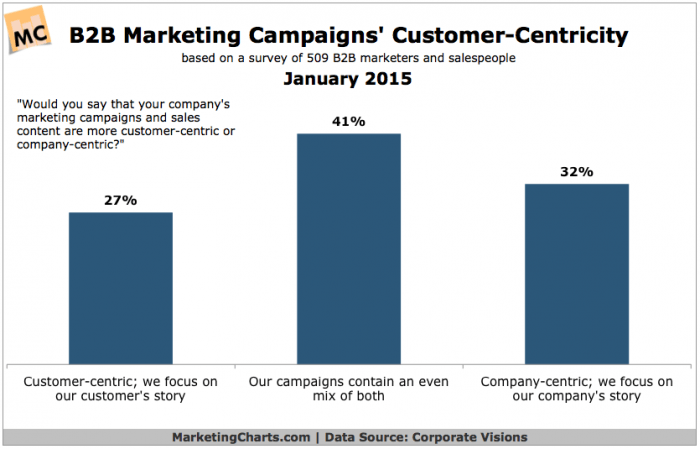There is one test for a business and one test only. Do you provide what your customers want in such a way that you can make a profit from it? That, in a nutshell is business.
Yet, many businesses – even substantial ones who you think ought to know better – fail this test. Either they are not making a profit. Derrrr…! Or they are not providing what their customers really want.
You can see examples of this all around you. Tesco is struggling to find out what its customers really want. Google thought it knew that customers would want its “Glass” product, but they’ve canned that project because, frankly, other than for some geeks it was a non-starter. Meanwhile, Sony and Qantas, for instance, have reported sizeable financial losses. Don’t they know that being in business means making a profit? Goodness me…!
At the smaller end of the business arena you find one-person-bands struggling to survive. Indeed, most start-ups are closed down within three years. There is a never-ending cycle of new businesses starting up, failing, to be replaced by new businesses, that then fail and so on. Many small businesses are built out of a passion for an idea or enjoyment of an activity. Great cooks, for instance, start a catering business and spend hours creating recipes because that is what they love. But the greatest catering businesses spend more of their time on the boring business stuff, like finance and marketing – the kind of things great cooks are not interested in and hence their business fails.
Now, new research shows why this kind of thing is happening. According to a study of 500 businesses, only around a quarter of them have marketing which is focused on the customer. An amazing one-third of the companies in the study have marketing which is entirely – yes completely – self-focused.
The fact of the matter is, you cannot possible hope to pass the business test unless you focus on your customers. Having marketing that is either partially or completely focused on yourself is off-putting to your potential buyers. All you are doing is showing them that you like yourself more than you like them. Demonstrating likeability of your customers is a key component in the “CLICK” system of gaining online business.
The example of Tesco is clear. Thirty years ago, Tesco was an “also-ran” in the supermarket business, dwarfed by the giants of its time such as Sainsbury’s. Ten years later, Tesco became the biggest supermarket in the UK after several years of focusing on what customers wanted instead of worrying about the competition. Until five years or so ago, Tesco relentlessly focused on the customer, taking the company to dizzying heights which could not have been predicted all those years ago when it was a comparative minnow. But what has happened with Tesco in recent years? It seems to have focused less on what customers want and more on other aspects of business. It has become inward looking. The new CEO wrote to staff when he took over the job saying that he was intent on restoring the company’s focus on customers.
It really is very simple to run a successful business. Provide what your customers want at a price that makes you a profit. But the key words there are “what your customers want”. This new research suggests that the bulk of businesses still have to learn that simple notion.

